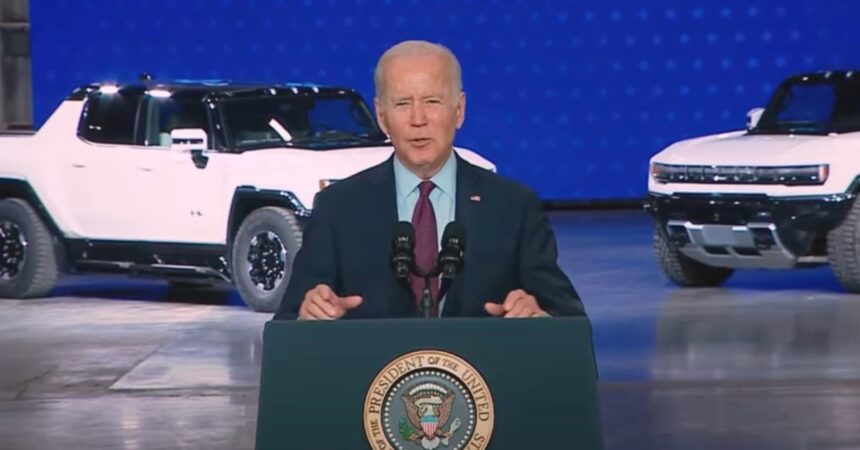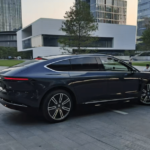Following the United Auto Workers’ (UAW) historic strike victory against the “Big Three” US automakers, President Joe Biden announced his support for the union’s efforts to organize workers at Tesla and Toyota, ahead of a scheduled meeting with UAW President Shawn Fain.
The United Auto Workers (UAW) has concluded a landmark strike against General Motors, Ford, and Stellantis, securing significant gains in wages and contract terms for its members at all three companies.
In proclaiming its triumph over General Motors, the United Auto Workers (UAW) has simultaneously outlined its strategy for the forthcoming years, accompanied by a call to action emphasizing the need to organize additional automotive manufacturers.
Upon the strike’s conclusion, Fain stated UAW plans to reconvene at the bargaining table in 2028 on May 1, commonly referred to as May Day or International Workers’ Day. However, this time it won’t only be negotiating with the Big Three, but potentially with a Big Five or Big Six.
The motivation behind this effort is clear: the United Auto Workers (UAW) aims to expand its influence by representing more automakers in the US.
The prospect of unionization suddenly gains momentum, potentially prompting even the large, historically non-unionized automotive companies to reevaluate their stance and explore collective bargaining opportunities. When considering pioneering electric vehicle manufacturers, two companies that inevitably spring to mind are Toyota and Tesla.
As part of his upcoming meeting with the United Auto Workers (UAW), President Joe Biden expressed support for efforts to unionize major automotive companies like Toyota and Tesla, hinting at his administration’s willingness to aid such initiatives in advance of the gathering. President Biden told reporters he fully supports the United Auto Workers’ (UAW) bid to organize workers at Tesla and Toyota, stating he wants a similar contract for all autoworkers.
Prompted by the United Auto Workers’ (UAW) successful negotiation of a new contract, Toyota swiftly announced plans to boost wages for its non-union automotive workers. The outcome of a union win can have far-reaching consequences for an entire industry, demonstrating the significant impact on labor dynamics and employee retention. Non-unionized companies may respond by implementing measures to prevent skilled workers from defecting to competitors offering superior compensation and working conditions.
In response to President Biden’s comments, Toyota underscored its commitment to fostering a positive company culture, emphasizing that the decision to unionize ultimately rests with its employees.
Tesla didn’t immediately match pay increases like Toyota did. The United Auto Workers (UAW) had previously attempted to organize Tesla workers, but those efforts remained unsuccessful and stalled in recent years. Although such an approach was deemed unacceptable under previous leadership, Fain, elected in 2023, may need to initiate a fresh initiative to achieve similar results.
As Fain emphasized, “Tesla, Toyota, Honda, and other companies’ employees won’t be adversaries; rather, they’re the United Auto Workers (UAW) members of the future.”
Tesla’s CEO, Elon Musk, stated in 2022 that he would not obstruct a union vote, despite his past history of retaliatory measures against labour organizing efforts. As of now, he has not publicly stated his stance on Joe Biden’s commitment to As We Speak.











